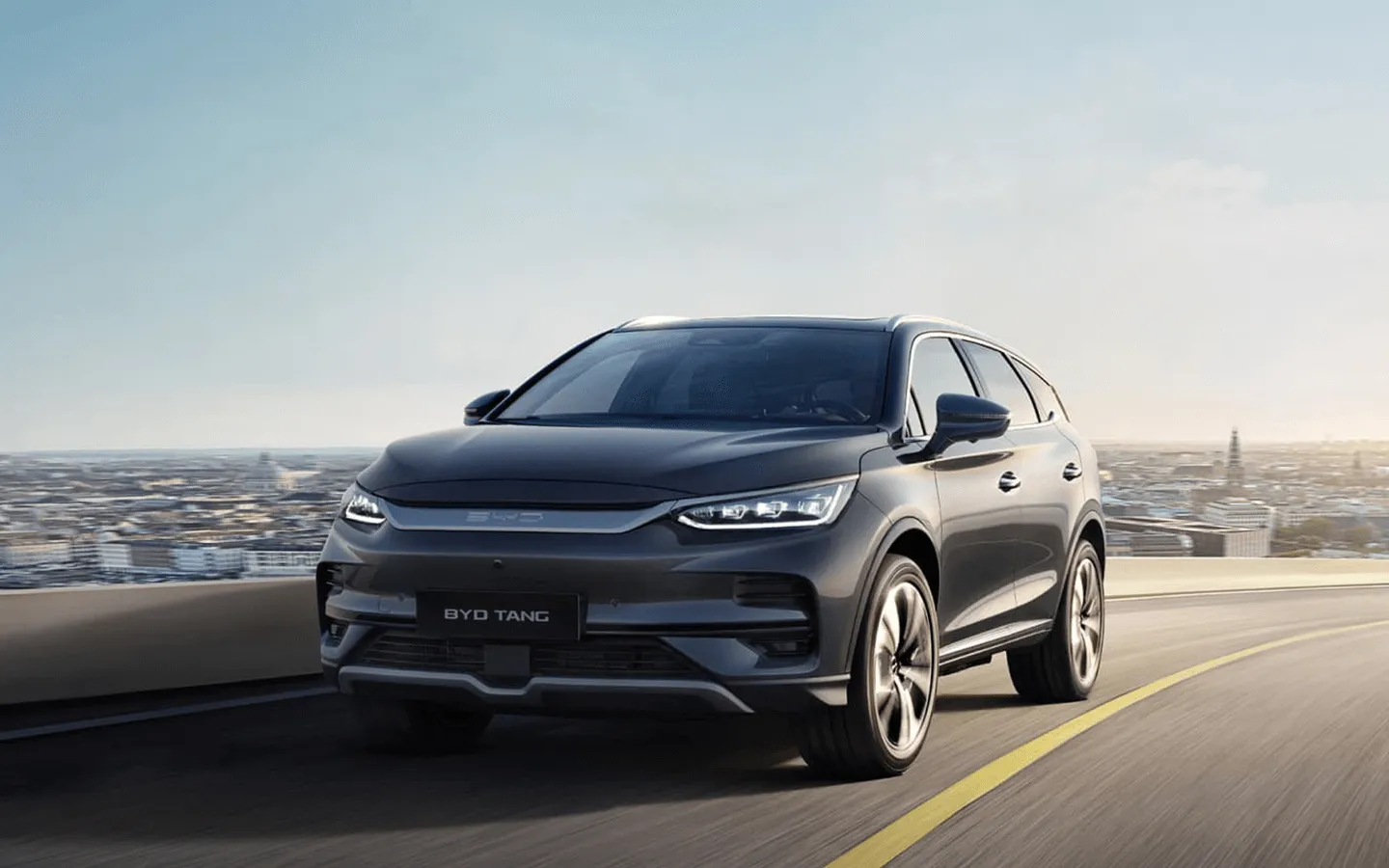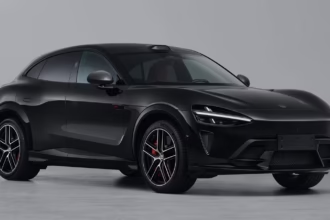As Western markets tighten, Chinese automakers pivot to Africa, leveraging affordability and strategic partnerships to tap into emerging demand.
Facing economic headwinds in mature markets, Chinese automakers are increasingly turning their attention to Africa, a continent with vast potential and relatively low automotive penetration.
Brands like BYD, Chery, and Geely are leading the charge, exporting vehicles and establishing assembly plants in countries like Nigeria, Kenya, and South Africa.
This strategic shift comes as Chinese manufacturers face rising tariffs, regulatory scrutiny, and slowing demand in the U.S. and Europe. Africa, with its growing urban population and expanding middle class, offers a fertile ground for affordable mobility solutions.
Chinese automakers are introducing compact cars, electric scooters, and entry-level EVs tailored to local needs, often bundled with financing options and after-sales support which are critical for boosting the growth in these regions.
BYD, for instance, has signed agreements with several African governments to supply electric buses for public transport, while Chery is setting up CKD (completely knocked down) assembly units to reduce import costs and boost local employment. Geely is exploring joint ventures with African startups to co-develop mobility platforms.
The push into Africa is not just about sales, it’s a long-term play for influence. By investing in infrastructure, training, and local partnerships, chinese automakers are embedding themselves into the continent’s economic fabric.
This could reshape global auto trade dynamics, with Africa emerging as a key battleground for influence between Chinese, European, and Indian manufacturers.
The Chinese automakers’ expansion into Africa is a textbook example of strategic diversification, allowing them to hedge against global volatility while unlocking new growth avenues. It also signals a shift in the global automotive narrative, from saturated Western markets to dynamic, emerging economies.
Africa offers Chinese manufacturers several critical advantages that Western markets increasingly deny them. The continent presents a regulatory environment that’s far more welcoming to Chinese investment and technology transfer. Unlike the US and EU, which have implemented protective tariffs and regulatory barriers specifically targeting Chinese automotive imports, African nations generally embrace foreign investment as a catalyst for economic development and industrialization.






